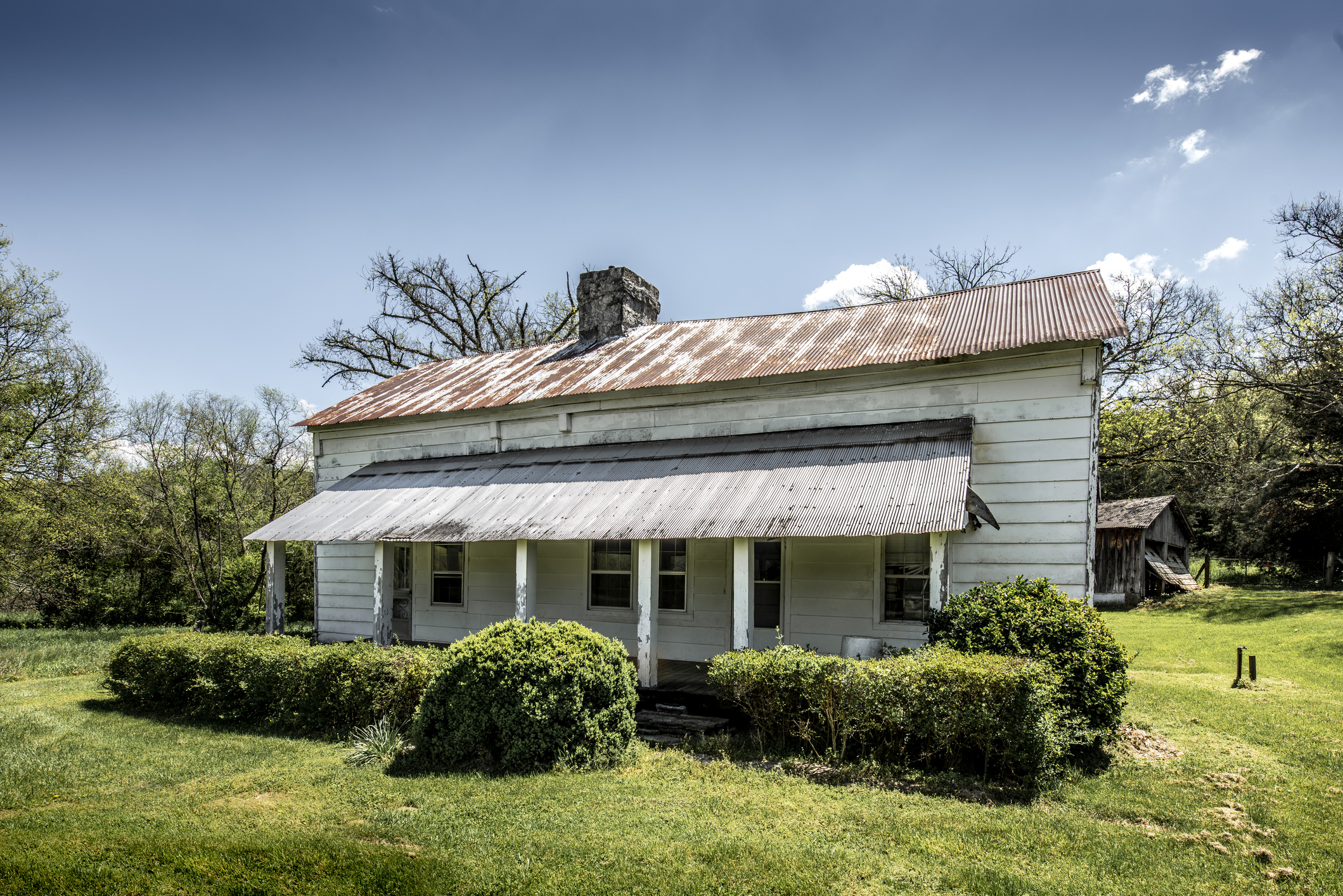By Houston City Councilmember Tiffany D. Thomas
In January 2024, the Federal Home Loan Bank of Dallas invested $2 million with nonprofits and banks to educate and assist clients with heirs’ property issues, and in Atlanta, the Federal Home Loan Bank of Atlanta made $1 million heirs’ property grant funding available in 2022. While this is a bold move in the right direction from the financial industry, most view heirs’ properties — real property that is owned by heirs of a deceased person whose estate did not clear probate — as a private property issue with little input by local governments.
Studies report a correlation among heirs’ properties, lower education, economic outcomes and chronic blighted areas. These same blighted areas often are the center of a homeownership agenda by many U.S. mayors and city council members since residential property taxes are one of the drivers for local revenue for municipalities. Yet, many residential properties, specifically blighted heirs’ properties, are sold at a decreased value, thus impacting the surrounding property value and eroding the tax base.
Heirs’ properties diminish city resources as residents eventually rely on and expect the city to maintain the property through code enforcement – which costs cities labor, time, and resources. If cities, towns, and villages desire to address economic development, homeownership, and neighborhood revitalization meaningfully, they must think beyond exclusively depending on private industry partnerships to address heirs’ properties and think through policy solutions they can implement to underscore their city’s priorities.

The Impact of Heirs’ Properties in Houston
Houston, Texas, has experienced seven federally declared disasters over the last eight years, with the most significant being Hurricane Harvey.
Subsequently, HUD awarded Houston $835 million to execute local recovery efforts, with single-family home repair being one of the more pronounced programs.
Source: U.S. Department of Housing and Urban Development
Unfortunately, many Black Houstonians were ineligible for the program as they could not provide a clear title for the City of Houston to move forward, and yet, several predominately Black ZIP codes experienced up to $36 million in verified FEMA collective loss from the previous storms.
In January 2020, a resident of District B, a predominantly Black community with historical roots, came before then-Mayor Sylvester Turner and the City Council to describe the challenges of receiving approval to rebuild his home post-Hurricane Harvey. After an emotional exchange, it was revealed he was not the title holder. Yet, he had maintained the home and tax obligations. However, when it was his turn to receive support, the resident was not eligible for funds because his property, gifted to him by his uncle, was a heirs’ property.
This is not unique to Houston, Texas.
The Federal Emergency Management Agency (FEMA) historically declines less than 5% of applications with title issues; however, in comparison to areas in the Deep South with a significant Black population, the numbers can be upward of 25%.
Source: The Washington Post
Title issues range from heirs being unable to provide a deed certificate, mortgage statement, or property tax bill to a written lease agreement for renters that occupy the property because much of the issue with heirs’ properties is the verbal, familial agreement. The nuanced nature of heirs’ property came under attention after Hurricane Katrina exposed how low-income individuals and families, especially Black families, were entrenched in this practice and were unable to qualify for FEMA Emergency Relief Aid at the time. Subsequently, federal agencies such as FEMA and USDA adjusted guidelines to address post-disaster recovery efforts affecting tenants in heirs’ properties. In addition, the U.S. Department of Housing and Urban Development is aware of the challenges created by cloudy or tangled titles but has not adopted a policy to address this form of land transfer.
What Can Cities Do Locally?

Because the practice of land transfer without a will is pervasive and creates complications in and out of hurricane season, the City of Houston’s Home Repair Program’s guidelines were amended in September 2023 to include estate planning services, allowing the City of Houston the authority to repair the home and protect public investment. With this policy change, applicants must identify two generations of heirs through a Transfer of Death Deed, a legal document that allows a property owner to transfer their property after they die to bypass probate in partnership with Texas Southern University Thurgood Marshall Law School. Furthermore, the City of Houston’s Department of Neighborhoods created an online Legacy Building Legal Hub in response to residents not having access to documents or resources to inform them how to protect their property.
Currently, 28 states, including the District of Columbia, offer Transfer of Death Deeds options. Although each state has its own requirements for the Transfer of Death Deed, the Transfer of Death Deed avoids an expensive and arduous probate process and guarantees clear authority of the residential property, thus protecting neighborhood property values in the long term.
Unraveling the complicated nature of heirs’ properties can be a daunting task for cities, towns, and villages; however, there are some immediate, short- and long-term steps municipalities can take to better understand and address how heirs’ properties impact their bottom line so that heirs’ properties cannot be counterproductive to citywide efforts.
AUDIT housing, community development, and disaster programs and review the number of residents denied access to city programs because of a cloudy or tangled title.
ADOPT similar policies and guidelines related to single-family development, repair, and down payment assistance programs when city funds are involved, compelling the beneficiaries to cast a giant net to ensure the public’s investment will ultimately benefit the city’s interest and tax base in the long term.
SUPPORT uniform collection of heirs’ property records and create an heirs’ exemption within your local Tax Assessor Office or County Clerk. A centralized record-keeping system ensures accurate information regarding land wealth and property ownership.
ENGAGE your local federal delegation and the National League of Cities to advance federal policy that can directly influence neighborhood revitalization, economic development, and generational wealth through the U.S. Department of Housing and Urban Development’s Annual Action Plan.
ABOUT THE AUTHOR

Houston City Councilmember Tiffany D. Thomas is an Assistant Professor of Community Development at Prairie View A&M University and is a member of the Community Economic Development Committee for the National League of Cities. She served as Chair of the Housing and Community Affairs Committee for four years.








